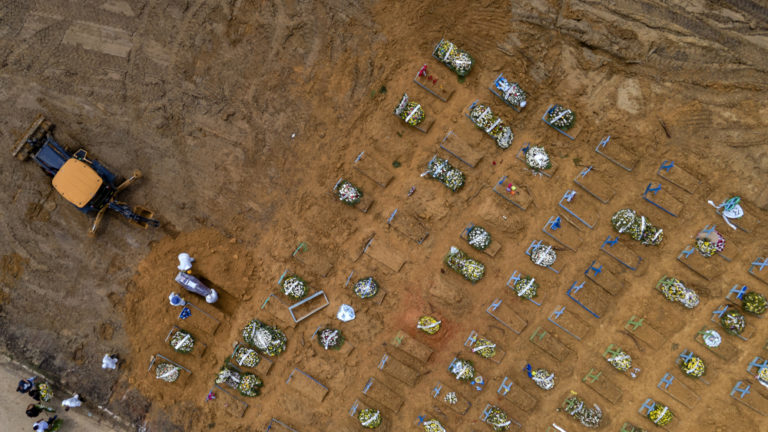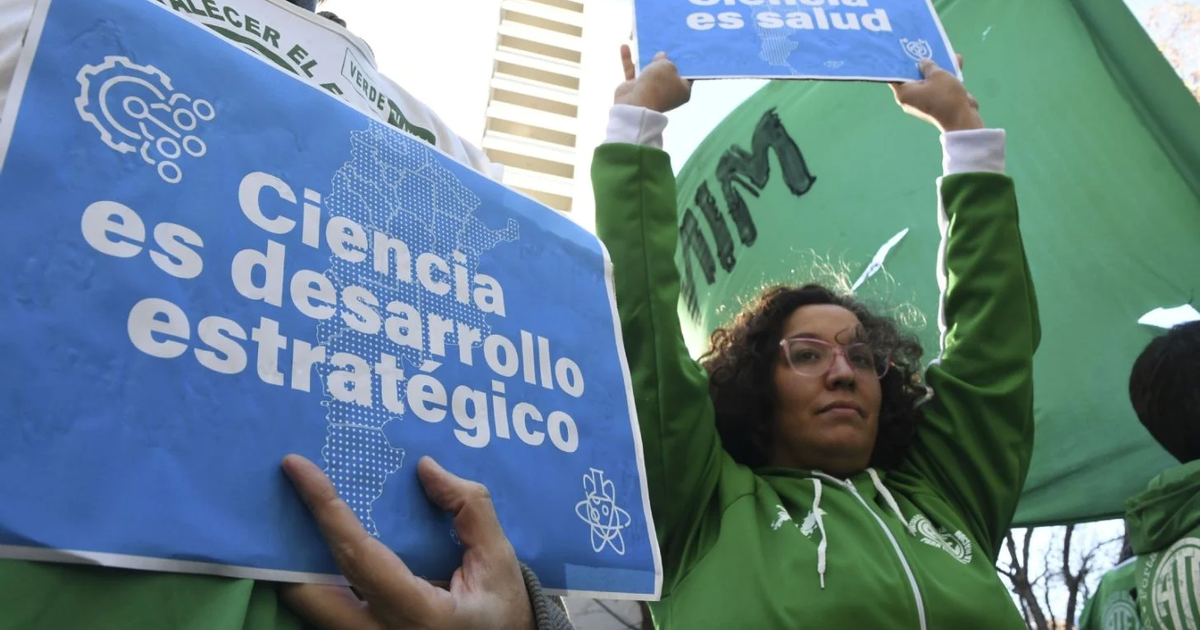In recent days, there has been talk in Uruguay about a new variant of coronavirus that was detected in Brazil.
At the moment, scientists from Udelar, Clemente Stable and Pasteur are working to be able to obtain the sequencing of the genome of this new virus and to know if it entered or not.
The strain, called P1, was also detected in the UK and other European countries.
The strain wreaked havoc in the town of Manaus, in the Brazilian Amazon rainforest, and that experience suggests the following: It is up to two times more transmissible and the probability of reinfection is between 25 and 60% higher.
This strain has not yet been detected in our country and it does not mean that it will hit with the same intensity because the behavior of the virus not only depends on the strains but on a lot of other factors. In fact, this strain is also present in the United Kingdom and did not have the same behavior.
The images of Manaus, in Brazil, traveled the world. People desperate for access to an oxygen tank and completely saturated health systems.
To date, Brazil is going through its worst moment with the pandemic with an average of more than 1,300 deaths registered daily.
Until now, Uruguayan scientists could not detect the presence of this new variant in our country. But the situation is dire.
In fact, both the health minister, Daniel Salinas, and the member of the Honorary Scientific Advisory Group, Rafael Radi, referred to her this Monday after receiving the vaccine.
“There is a very severe problem in Brazil. There is a strain that has been mutating, which is P1, and that is taking Brazil and that is a challenge, “said Minister Salinas.
“The more viruses circulate, the more chances we give to the appearance of new strains,” Radi explained.
What can we Uruguayans do in the face of this reality? The scientist’s response is blunt: “A vaccination in time and form cuts these transmission chains, cuts the possibility that the new strain will become predominant.”
In this sense, the infectologist Julio Medina, as part of a longer thread, warned on his Twitter account the following:
➡️To continue protecting ourselves, because vaccines, despite being highly effective, are not 100% globally.
➡️Because as new variants of the virus (eg the Brazilian P1) start to compete in an environment with a partially vaccinated population2/5
– Dr. PhD. JULIO MEDINA (@Dr_Julio_Medina) March 8, 2021
“As the new variants of the virus (eg, the Brazilian P1) start to compete in an environment with a partially vaccinated population (because they are with the first dose), the conditions are generated so that the virus can mutate and escape the protection that vaccines give us, “explained the infectologist.
This is what happened in Brazil.
According to the BBC, a team of British scientists found in the neighboring country that a slow vaccination campaign, added to the high infection rates and the presence of virus mutations, created a complicated scenario.
Virologist Julian Tang from the University of Leicester in the UK told the BBC that “by entering the human cell and encountering a still small amount of vaccine antibodies, the variant, by replicating, can promote more resistant mutations. to those antibodies ”.
This is not yet the scenario in Uruguay and vaccines for now prove to be effective against new strains, but that is precisely why vaccination is urgent.





:format(webp)/cloudfront-us-east-1.images.arcpublishing.com/grupoclarin/XM6EP3SM5REKNBOIXJSOCDCOOA.jpg)